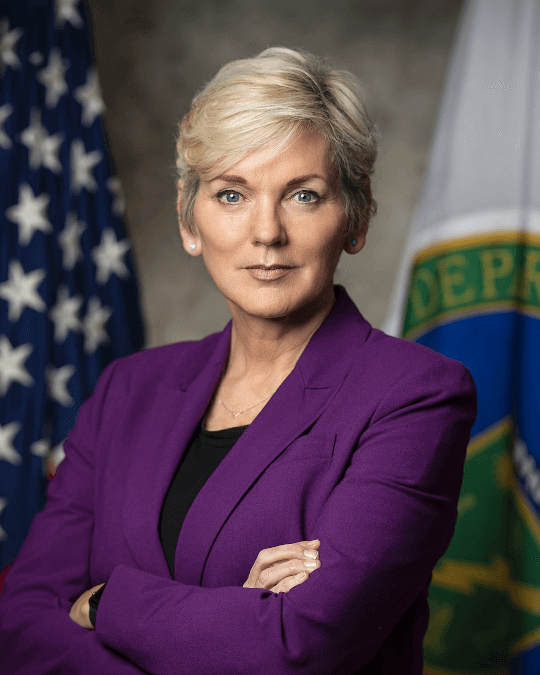
In support of President Biden’s Executive Order to advance racial equity, the U.S. Department of Energy (DOE) has released its first-ever Equity Action Plan designed to ensure that the agency eliminates barriers to access, transforms programs and policies to open even broader pathways for underrepresented groups to access DOE resources, and stands up new programs to better serve communities. DOE announced a $102 million commitment to support Historically Black Colleges and Universities and other Minority Serving Institutions (MSI), as foundations for STEM talent. DOE also released its framework for President Biden’s Justice40 Initiative, which commits 40% of the benefits of federal investments in climate and clean energy to frontline, underserved and overburdened communities.
“President Biden is committed to increasing diversity in the clean energy workforce to put it on the strongest footing to deliver solutions to the climate crisis, and I am proud of our efforts to ensure that equity remains at the core of everything we do,” states U.S. Secretary of Energy Jennifer M. Granholm. “We are creating transformative change throughout DOE that will break down barriers to funding and investments and forge stronger bonds with HBCUs and MSIs. The return on that investment will be profound: cultivating the scientific brilliance honed at these institutions to strengthen U.S. competitiveness in a new net-zero economy.”
E.O. E.O.
DOE has developed a new framework to encourage partnerships with Minority-Serving Institutions in every funding opportunity that falls under the Bipartisan infrastructure Law. This framework will encourage recipients, including higher education institutions and industry, to include HBCUs into their financial partnerships in research, development demonstration and deployment of clean energies and job creation in underserved communities.
DOE’s comprehensive examination of its methods and policies focused on procurement, financial assistance, research and development (R&D), demonstration and deployment, and stakeholder engagement.
DOE’s Equity Plan outlines the top five priority actions to advance equity, including addressing gaps in data collection to facilitate data-informed decision-making, increasing opportunities for new applicants to DOE funding opportunities, and growing participation in DOE R&D and financial assistance programs. In addition, it expands strategic Tribal and stakeholder engagement across DOE programs and improves access and equity in DOE’s Weatherization Assistance Program.
The department’s current approaches to data collection limit visibility into who is participating in its business opportunities, outreach events and programs. DOE will create a data collection platform for underserved communities and individuals to collect data for all DOE financial assistance and contract opportunities.
Although there is no specific policy, program, regulation that addresses the needs of BIPOC and rural communities, LGBTQIA+ people, and other persons adversely affected from persistent poverty or inequality, DOE seeks to increase new entrants and reduce resource constraints (e.g. IT, financial, human resources, etc.). Through a variety of activities, including the creation a central portal to DOE acquisition opportunities and streamlining and/or relaxing requirements for subcontracting.
DOE recognizes that current practices do not do enough to support diversity in financial assistance, and that underserved communities face barriers within each aspect of the R&D process. DOE will provide more opportunities for underrepresented communities by including diversity, equity, inclusion requirements into all DOE financial aid processes. DOE merit reviewers will be more diverse, and administrative burdens associated to applying for financial assistance funding will be reduced.
DOE discovered that the department does not have a coordinated strategy for outreach and engagement to Tribal Nations, MSIs, and underserved communities. This is a problem that has been reflected in the DOE programs. To build trust with diverse stakeholders and Tribal Nations, and to increase the public’s awareness of DOE opportunities and activities, DOE will explore the establishment of positions within the department to shepherd department-wide tribal and stakeholder engagement to institutionalize and expand community engagement activities.
Low-income households may experience delays in receiving weatherization assistance if buildings that require significant non-energy-related home repairs are not considered cost-effective when evaluating the potential energy savings. DOE will take steps to reduce delays through a new Weatherization Readiness fund. This will ensure DOE funding is accessible to all grantees and low income households. It will also provide financial assistance to homeowners who are weatherization ready.
The complete DOE Equity Action Plan can be found here.
